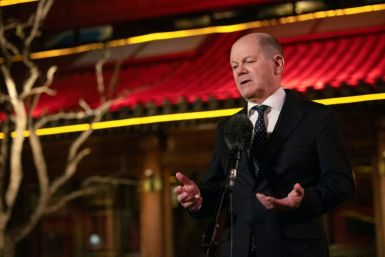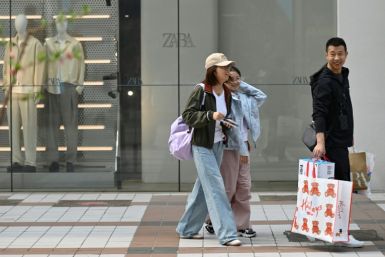In Japan: How the Authorities Are Gaming the Stock Market
Before we launch into today's episode of the Daily Reckoning, a correction from yesterday. In our table of the seven largest Japanese stocks, we incorrectly labelled the share price (in Yen) as market capitalisation. Apologies. It doesn't change the point, though. The point was that in a price-weighted index, a small handful of shares can account for the performance of the index.
If there were another point to be derived, it's that it's pretty easy to make an index go up by making a few of the highest priced stocks go up. The rising index creates the impression that stocks are healthy because the economy is healthy. In other words, you can convince the public that the economy is better than it really is by gaming the stock market.
Are the authorities gaming the stock market? Of course they are. Federal Reserve chief Ben Bernanke is on record saying that rising stock prices create a 'wealth effect' that, in some Rube Goldbergian way, leads to real recovery in the real economy. That's an elaborate justification for blowing assets bubbles to profit your banker friends.
In Japan, the relationship between Fast Retailing Co and the Nikkei 225 tells the story of how Abenomics works. The Wall Street Journal reports:
'Neither the rise nor fall [in the Nikkei 225 on Monday and Tuesday] had much to do with the business performance of the maker of T-shirts and thermal underwear. The key was Fast Retailing's 9.4% weighting on the Nikkei average-the highest of all 225 stocks in the index and more than the combined weighting of Japan's four biggest companies by market capitalization.
'Prime Minister Shinzo Abe's pledges to reflate a deflationary economy and boost government spending, coupled with a nearly 25% rise in the dollar's strength against the yen, opened Japan's markets to a flood of money. From November until May, institutional investors, hedge funds and retail investors flocked to find bargains in Tokyo's long-ignored equities markets, and the sudden increase in trading volume made stocks rise and fall more rapidly.
'Even amid one of the Nikkei's most explosive rallies ever, the moves in Fast Retailing-one of Japan's best performing companies-stand out.'
If you're speculating - and who isn't these days - it's not a bad idea. Find the region where the next currency debasement will take place. Take the major blue chip index in that region and find the company with the largest weighting in a price-weighted index. Buy that company, or call options on it. Ride QE and currency depreciation to mindless, comfortable profits!
If only it were that easy! Fast Retailing is down 33% from its highs last month. Still, it's done well enough in the last six months to make Tadashi Yanai, its president, the richest man in Japan. Yanai has a net worth of US$15.5 billion dollars according to Forbes. That makes him the 66th richest man in the world, all from selling fancy jumpers and owning shares in the company that's benefitted more from Japanese currency debasement than any other.
Not all of us can be the CEO of a Japanese clothes retailer, though. We must search high and low for other ideas on how to build and keep wealth. Incidentally, Australian Small Cap Investigator editor Kris Sayce reckons the Yen dive driving Fat Retailing's shares could power some Australian shares ahead too. If you missed his report, you can read it here.
Regards,
Dan Denning
for The Daily Reckoning Australia






